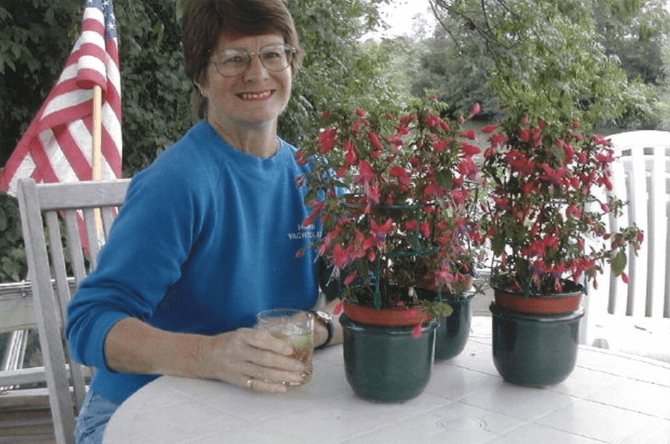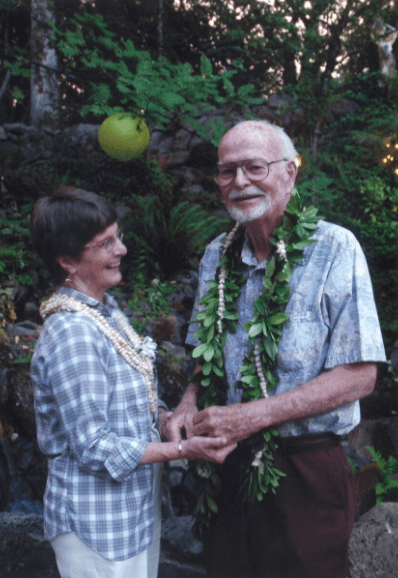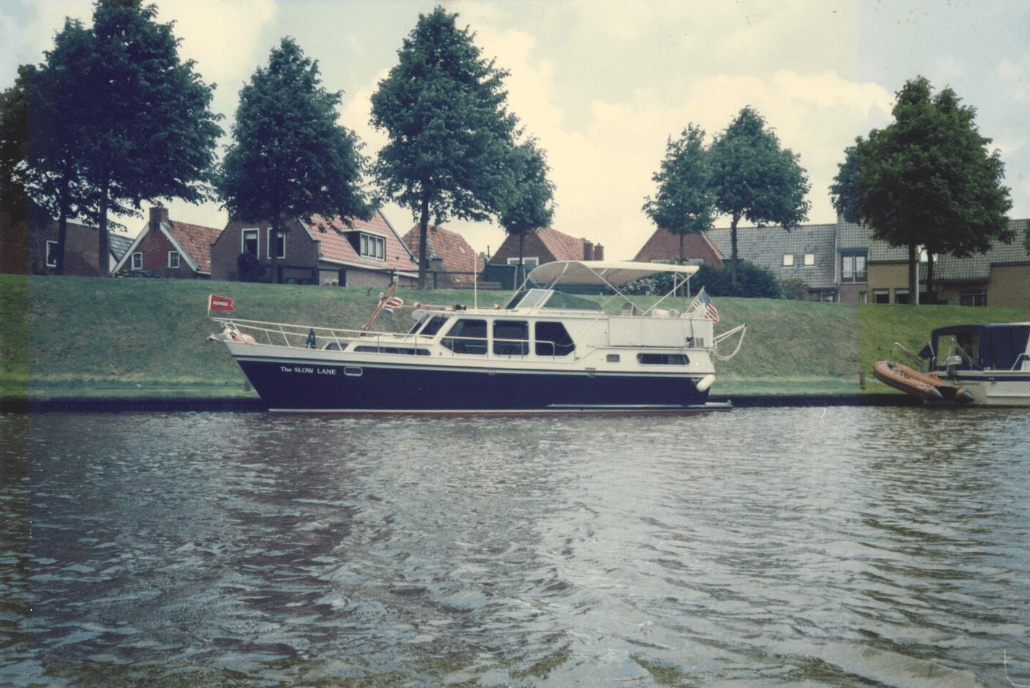A Life Beyond Engineering
Adorned in her cap and gown, Carol Coops, B.S. ME ’59, sat among a sea of black robes. After five years of school and a lot of hard work, she was finally receiving her bachelor’s degree from USC as the sole woman in her graduating class of mechanical engineers.
It wasn’t the first time she was the lone woman in the room, nor would it be the last. Throughout her education, she often found herself the only woman in the classroom. Later, at Hawaiian Electric, she was the first woman hired for a technical position.

“They didn’t quite know what to do with a female in the class,” Coops recalled. “The only times I had been sort of looked down on, I gritted my teeth and said, ‘If you can do it, I damn well can, too!’”
A math major in high school, Coops was encouraged to pursue a degree in engineering by her mechanical drawing teacher. She attended San Diego State, majoring in engineering. At first, she was one of six women in the department, but after a year and a half, she was the only one left.
After her junior year, she married William Coops, a recent graduate of San Diego State, and moved to Los Angeles. She enrolled at USC to finish her bachelor’s degree in mechanical engineering and was immediately captivated by the community of students. While as a newly married woman she didn’t have much time for clubs or football games, she remembers having wonderful conversations with her peers.

“Going to USC was one of the best things that I could have done,” Coops said. “Had I a degree from another university, I would not have been looked at very well, possibly. But with a degree from USC, that allowed me entry into several places to look for work.”
Recently, Coops decided to give a donation to support USC Viterbi junior faculty in appreciation of how well the corporate world accepted her, partly because of her USC degree. “I think it made a world of difference to my professional career having a degree from a prestigious university,” she said.
Coops and her husband remained in Los Angeles after she graduated. She worked at Bechtel Corp. designing power plants and at Marquardt Corp. designing ramjet engines for aircraft. For fun, the couple relaxed on their sailboat and raced foreign sports cars, an activity that was very popular in Southern California at the time. One year, Coops won the women’s slalom championship, a racing event similar to slalom skiing, in her Morris Mini-Minor, a refrigerator-sized prelude to the Mini Cooper.
While they enjoyed life in Los Angeles, the traffic, smog and rising racial tensions led them to relocate to Oahu in 1964. There, she landed a job at Hawaiian Electric.

“It was a bit of a shock to their system when I wandered in the door,” Coops said. She believes her 5-foot-8 frame atop her high heels might have looked somewhat intimidating. “I was big, I was married, and I had three years of power plant design experience, and they needed it. So we got along fine.”
She spent the next 25 years at Hawaiian Electric, working her way into project management and becoming the supervisor of several male colleagues. By the time she retired in 1990, there were three other women in her department. Today, the company is headed by a woman, Constance Lau.
In retirement, the Coopses spent their summers traveling around Europe and living in a 40-foot cabin cruiser. Holland, with its scenic canals, historic towns and copious museums, was one of her favorite places to explore. Eventually, however, William’s failing health led them to sell the boat. The couple decided it was time to explore their home country using their vacation house in Oregon as
a base.
After 54 years of marriage, William passed away from Parkinson’s disease in 2012. Now, Carol Coops spends her time in Hawaii volunteering at Hawaiian Public Radio, participating on the residents’ council of her retirement community and watching USC football every fall. Ever the travel buff, she continues to visit Oregon twice a year.
“My life was a lot more than engineering,” she said. “It gave me the ability to do the other things I wanted to do, and ’SC was a very big part of that.”




